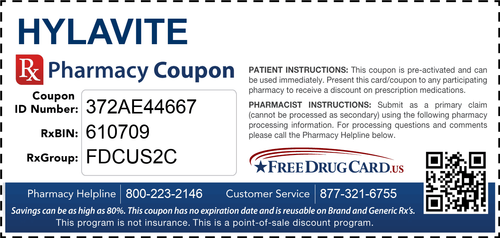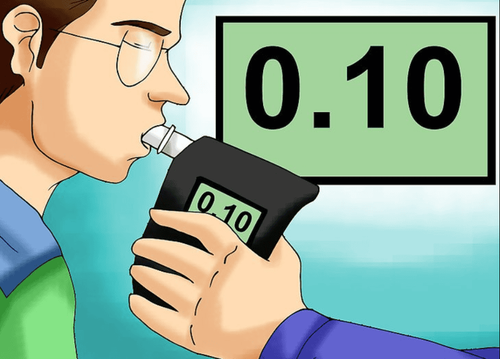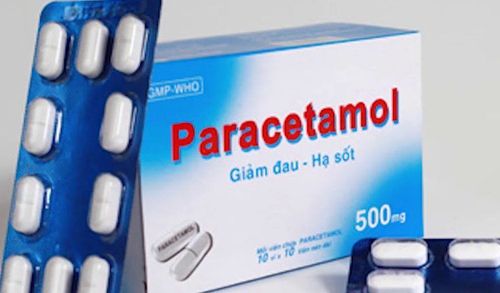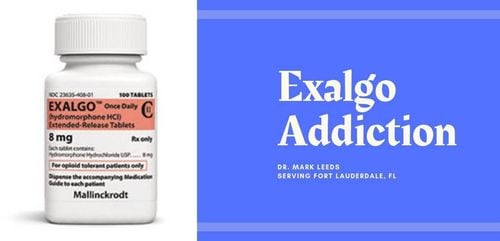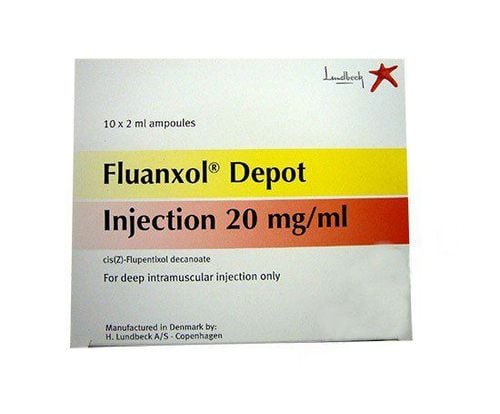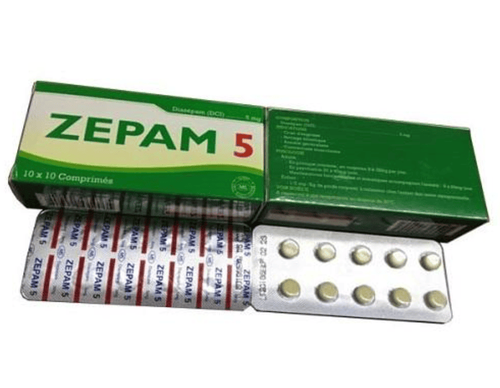This is an automatically translated article.
The article is professionally consulted by Master, Doctor Bui Ngoc Phuong Hoa - General Internal Medicine - Department of Medical Examination & Internal Medicine - Vinmec Danang International General HospitalAlcoholism is uncontrolled drinking, the continued use of alcohol even when it causes health problems. Here are the signs of alcoholism and how to deal with it.
1. Alcohol addiction
Alcohol depresses the body's central nervous system. In some people, alcohol causes the initial reaction to be stimulant. Drinking too much alcohol affects speech, muscle coordination, and important central parts of the brain. Heavy drinking can even cause a coma, life-threatening, or death.Besides, excessive drinking can reduce your judgment skills and lower inhibitions, leading to poor choices and dangerous situations or behaviors, including:
Motor vehicle accidents and other types of accidental injury, such as drowning. Reduced performance at work. Increased likelihood of committing a violent crime or being a victim of crime. Increased risk of suicide or suicide, affecting the health of the drinker.
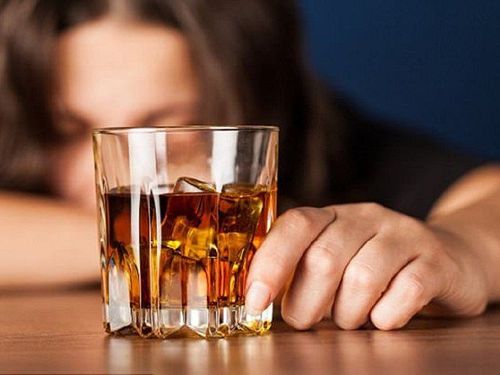
2. Symptoms of alcoholism
Alcoholism can range from mild, moderate, or severe, based on your symptoms. Signs and symptoms may include:Unable to limit the amount of alcohol you drink. Wanting to cut down on alcohol intake or unsuccessfully trying to cut back. Spend a lot of time drinking. Feel the urge to drink strong alcohol. Failure to fulfill major obligations at work, school, or home due to repeated alcohol use. Continuing to drink alcohol despite knowing it causes physical, social, or interpersonal problems. Give up or reduce social activities, work, and hobbies. Use alcohol in unsafe situations, such as driving or swimming. Experiencing withdrawal symptoms - such as nausea, sweating and tremors - when you do not drink or must drink alcohol to avoid these symptoms. Alcohol use disorders can include duration of alcohol intoxication and alcohol withdrawal symptoms.
Alcohol intoxication (drunk) results when the amount of alcohol in the blood increases. The higher the blood alcohol concentration, the more impaired health becomes. Alcohol intoxication causes behavioral problems and mental changes. It can cause inappropriate behaviors, unstable temper, poor judgment, slurred speech, impaired attention or memory, and poor coordination. You may also have periods of not remembering events. Very high blood alcohol levels can lead to coma or even death.
Alcohol withdrawal can occur when alcohol use is heavy and prolonged and then stops or dramatically decreases. It can happen within hours to four or five days later. Signs and symptoms of alcohol withdrawal such as sweating, rapid heart rate, shaking hands, trouble sleeping, nausea and vomiting, hallucinations, restlessness and agitation, anxiety and sometimes seizures. Symptoms can be so severe that it impairs your ability to function at work or in social situations.

When to see a doctor
If you feel that drinking too much alcohol is causing problems talk to your doctor for advice on how to treat alcoholism.
Many alcoholics hesitate to get treatment because they don't realize they have a problem. Intervention from family members can help some people recognize and accept that they need professional help. If the patient is concerned about drinking too much alcohol, ask a specialist with experience in alcoholism treatment for advice on how to approach the person.
Early intervention can prevent teen alcohol-related problems by:
Talking openly with your child, spending time together, and being actively involved in your child's life. Educate your child about the harmful effects and consequences of alcohol
Please dial HOTLINE for more information or register for an appointment HERE. Download MyVinmec app to make appointments faster and to manage your bookings easily.
Reference source: Mayoclinic.org




